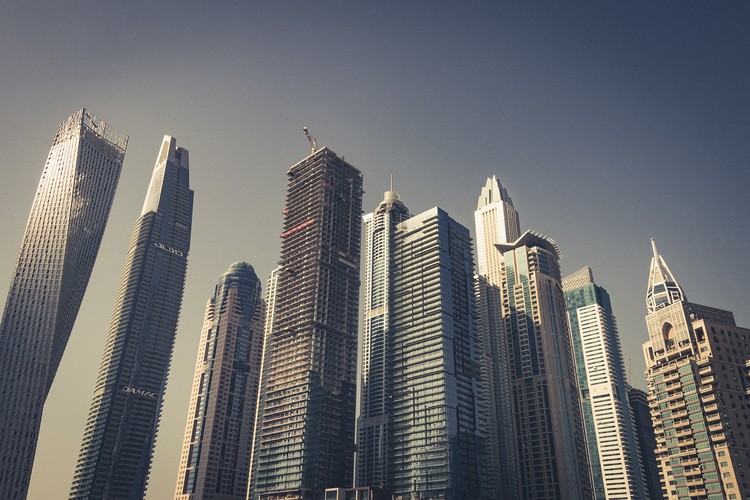

A roadmap for creating and certifying holistic spaces, WELL is increasingly being adopted by many public and private organisations
August 03, 2023 | Staff Reporter | UAE | Community Management

The Middle East region is leading the charge in driving growth and adoption of the WELL Building Standard (WELL) globally with a 24-fold increase in WELL adoption over the last 19 months, a feat announced today by the International WELL Building Institute (IWBI), the global authority for driving market transformation toward healthy buildings, organizations and communities, and the leading force behind the WELL movement.
WELL, the leading roadmap for creating and certifying spaces that advance health and well-being, has been adopted throughout the Middle East by projects in sectors ranging from regional public sector, educational and governmental entities to real estate developers, financial institutions and management companies. Till date, more than 500 million square feet of real estate are enrolled in WELL programs across 16 countries, including the United Arab Emirates (UAE), Afghanistan, Bahrain, Iran, Iraq, Israel, Jordan, Kuwait, Lebanon, Oman, Palestine, Qatar, Saudi Arabia, Syria, Turkey and Yemen – representing a doubling in the number of countries represented.
“Ever since the WELL Standard first took hold in the Middle East, we have seen incredible increases in demand year-over-year for WELL’s evidence-based strategies that support the physical and mental health of organisations’ most valuable asset – people,” said IWBI Founder Paul Scialla. “The commitments made by companies and public sector organisations across the region to prioritise the health, safety and well-being of their people are an inspiration to us all and demonstrate outstanding leadership, while proving that investments in health strategies can spark enhanced performance and increased financial returns.”
Recent uptake in the Middle East has contributed to overall WELL adoption, which now stands at more than 42,000 projects encompassing nearly 4.8 billion square feet of real estate in 127 countries. In particular, the WELL Health-Safety Rating, a framework for driving resilience into the centre of business policies and operational plans through facility operations and management, has sparked considerable demand across the region that is being led by the UAE.
In a public sector-leading push, the UAE Prime Minister’s Office has achieved the WELL Health-Safety Rating for its Dubai office. Dubai Police enrolled five buildings including its headquarters to pursue WELL Certification, and achieved the WELL Health-Safety Rating for these buildings. Its jails are also enrolled in the rating. Expo City Dubai, an IWBI member and host of COP28, is the region’s first community enrolled to pursue certification through the WELL Community Standard pilot, a district scale program that sets a benchmark for healthy communities. Expo City Dubai has also enrolled 23 buildings in the WELL Health-Safety Rating. The Dubai Land Department (DLD)’s Real Estate Regulatory Agency (RERA) also officially adopted the WELL Health-Safety. Private sector organizations are also leading the way in the region.
His Excellency Sultan Butti bin Mejren, Director General of DLD, said of the achievement, “DLD is constantly looking to implement and keep abreast of the latest global developments on the real estate and environmental levels, based on its vision to position Dubai as the world’s premier real estate destination and a byword for innovation, trust and happiness. Obtaining the WELL Health-Safety Rating enhances the advancement of our objectives and plans, helping us contribute to achieving a leadership approach in prioritising the health and safety of humans and buildings as well as to paving the way for jointly owned property management companies to follow our example in obtaining this important classification.”